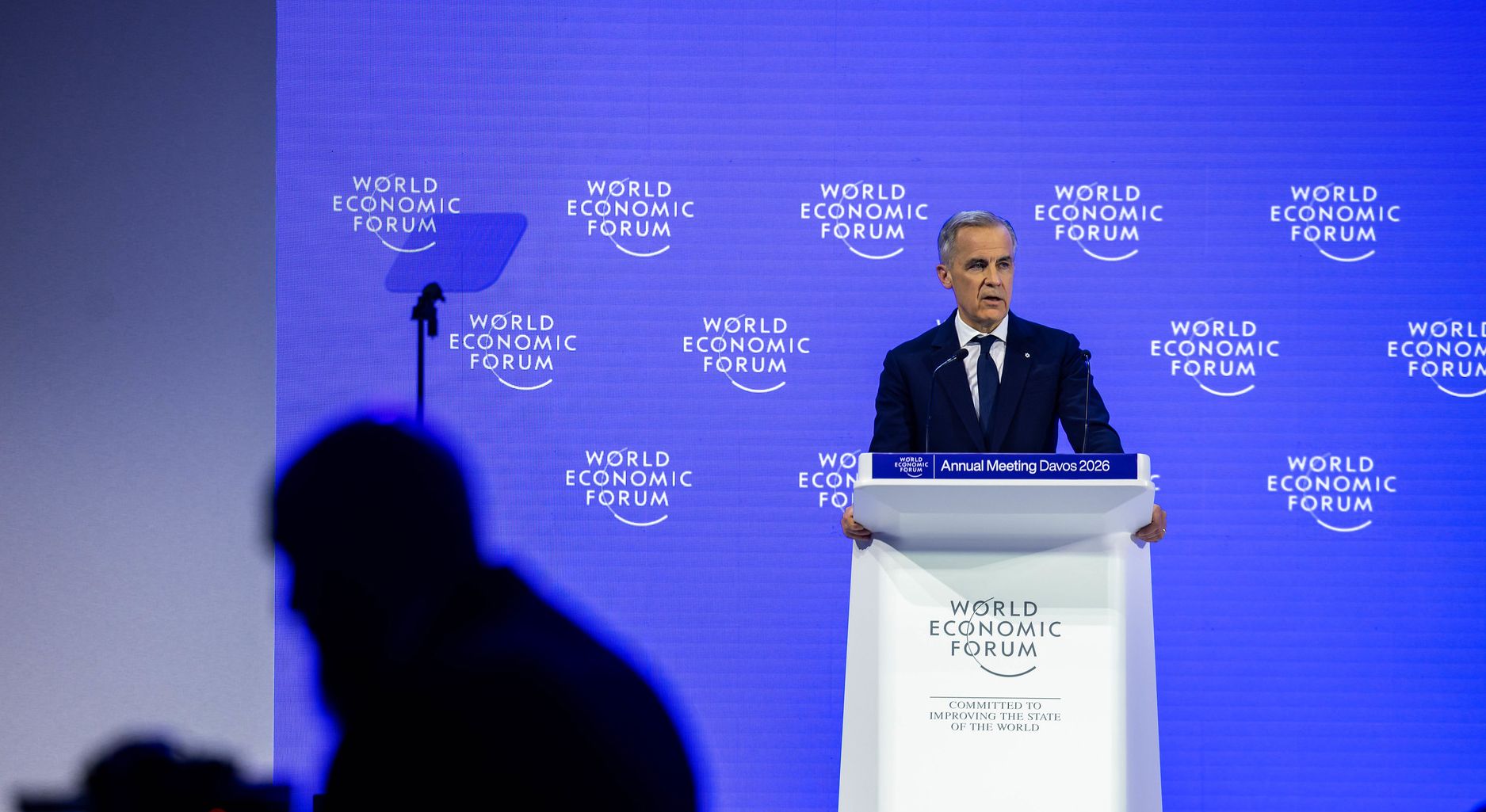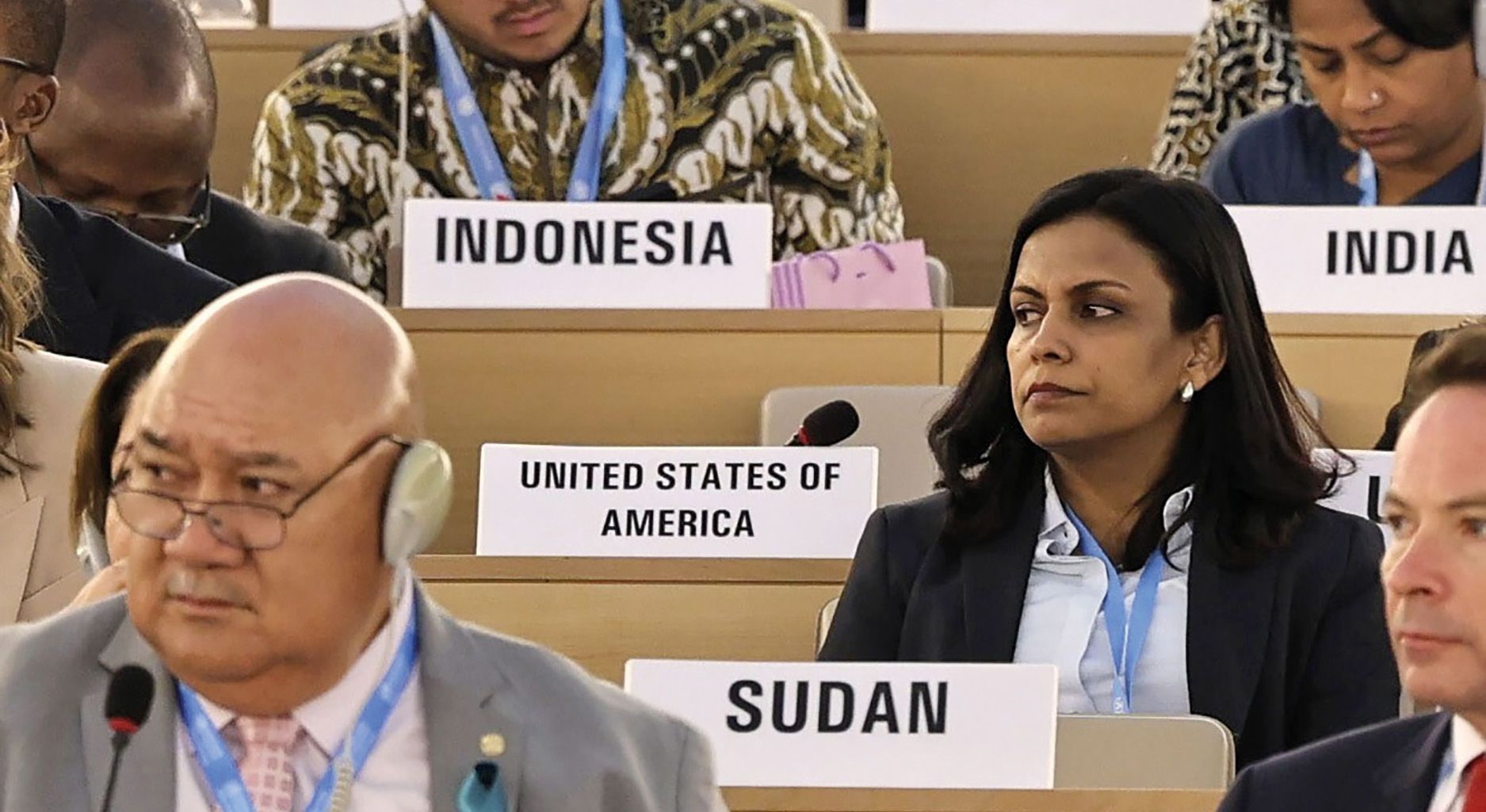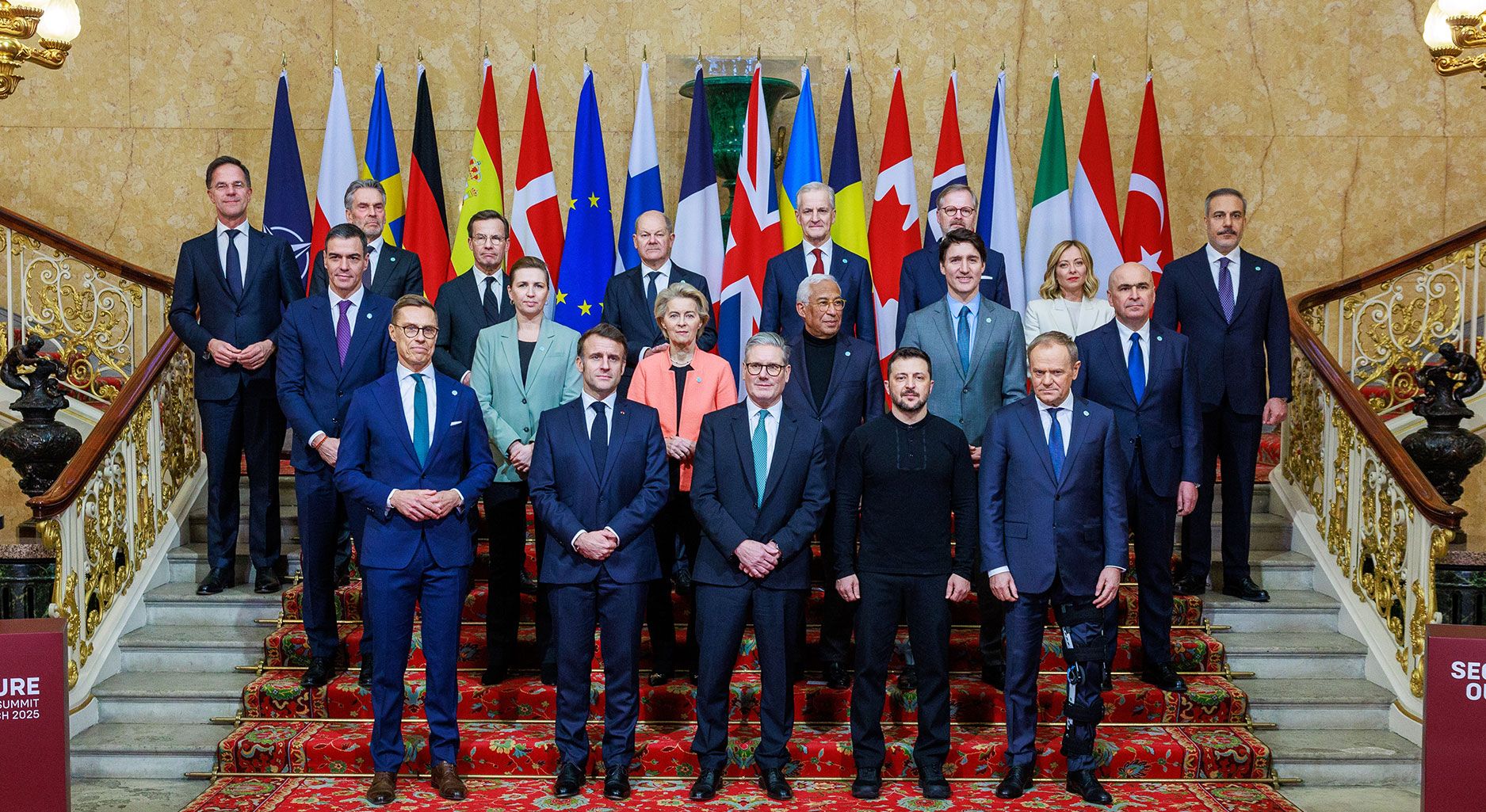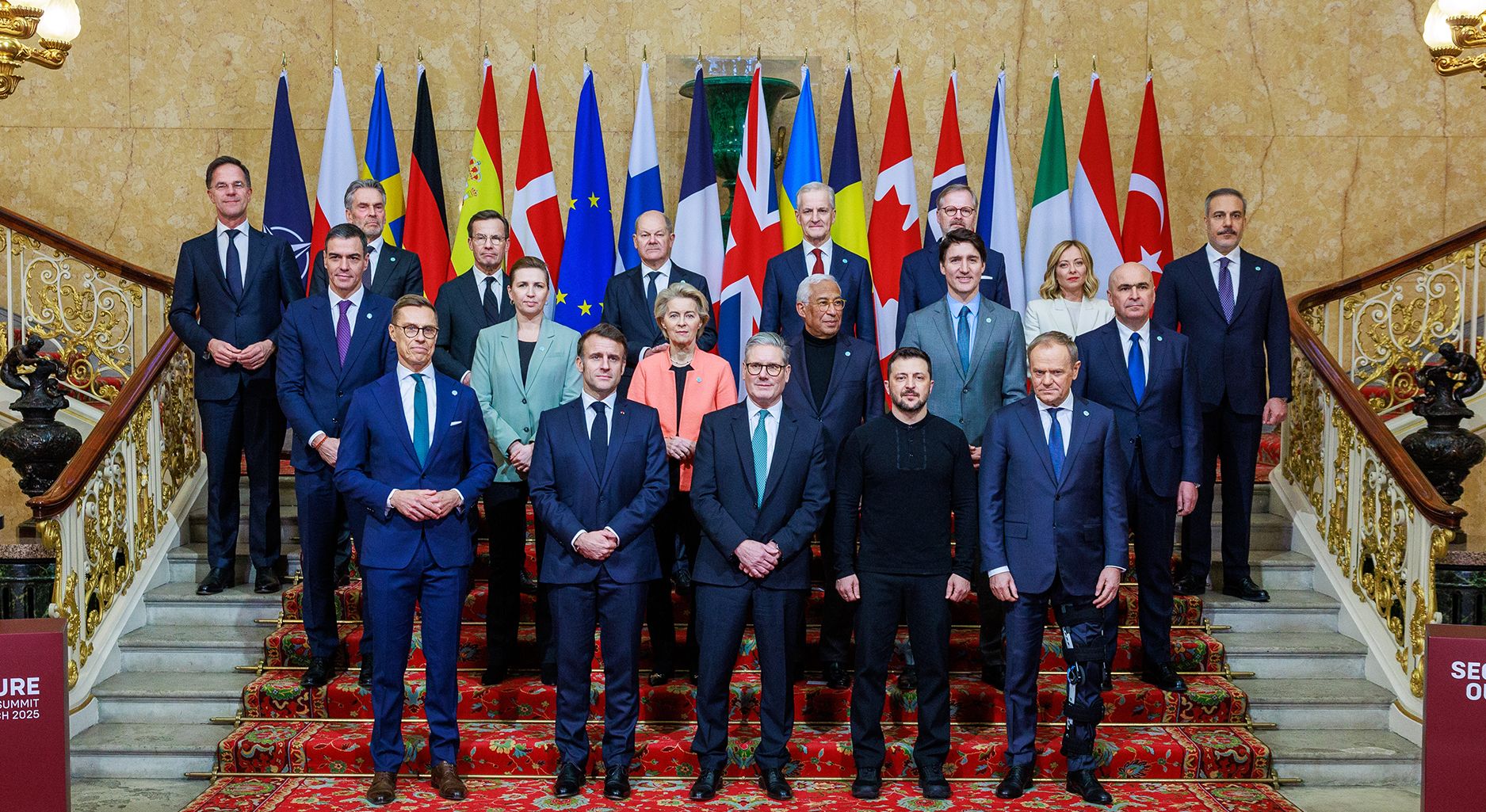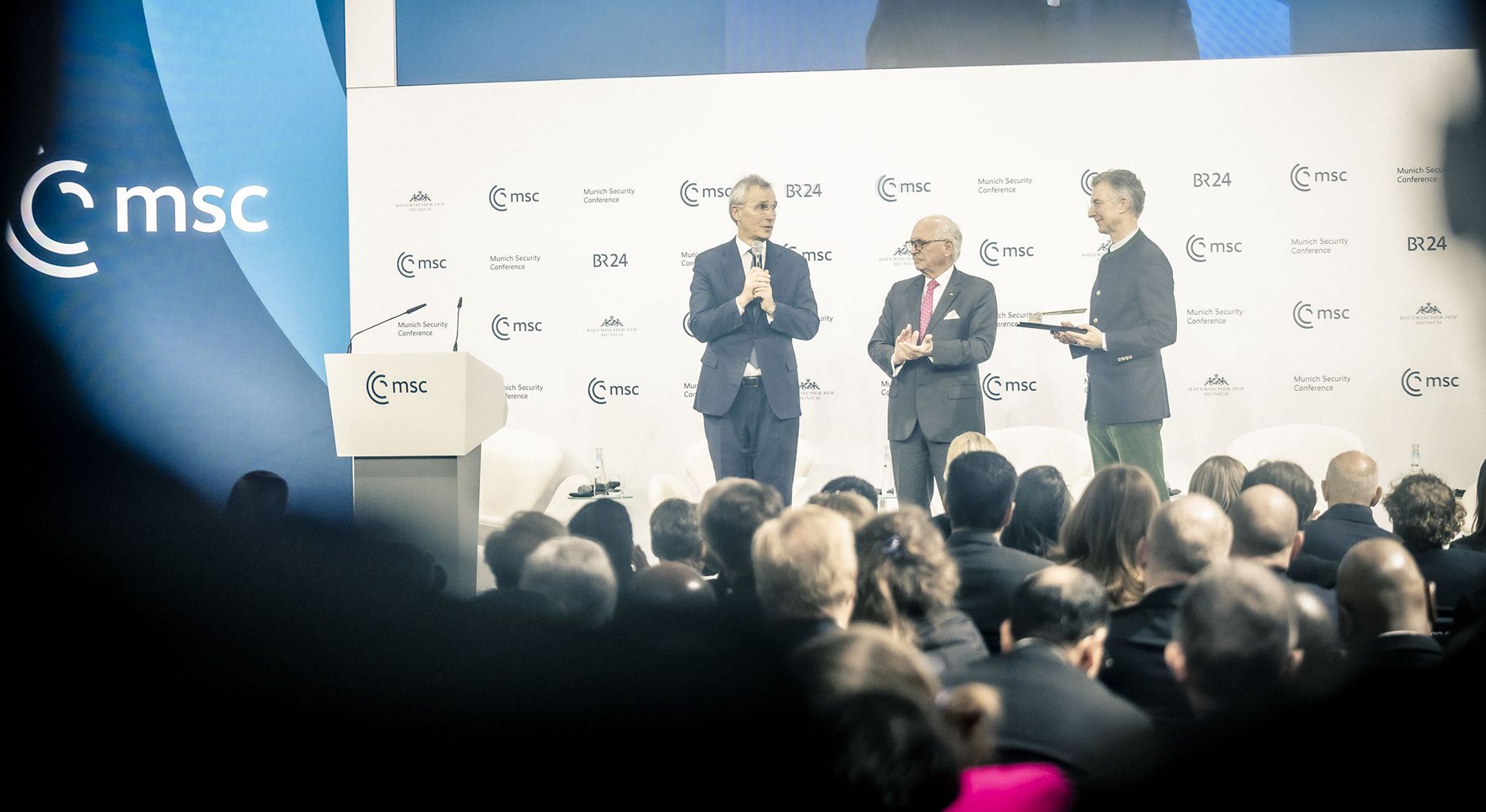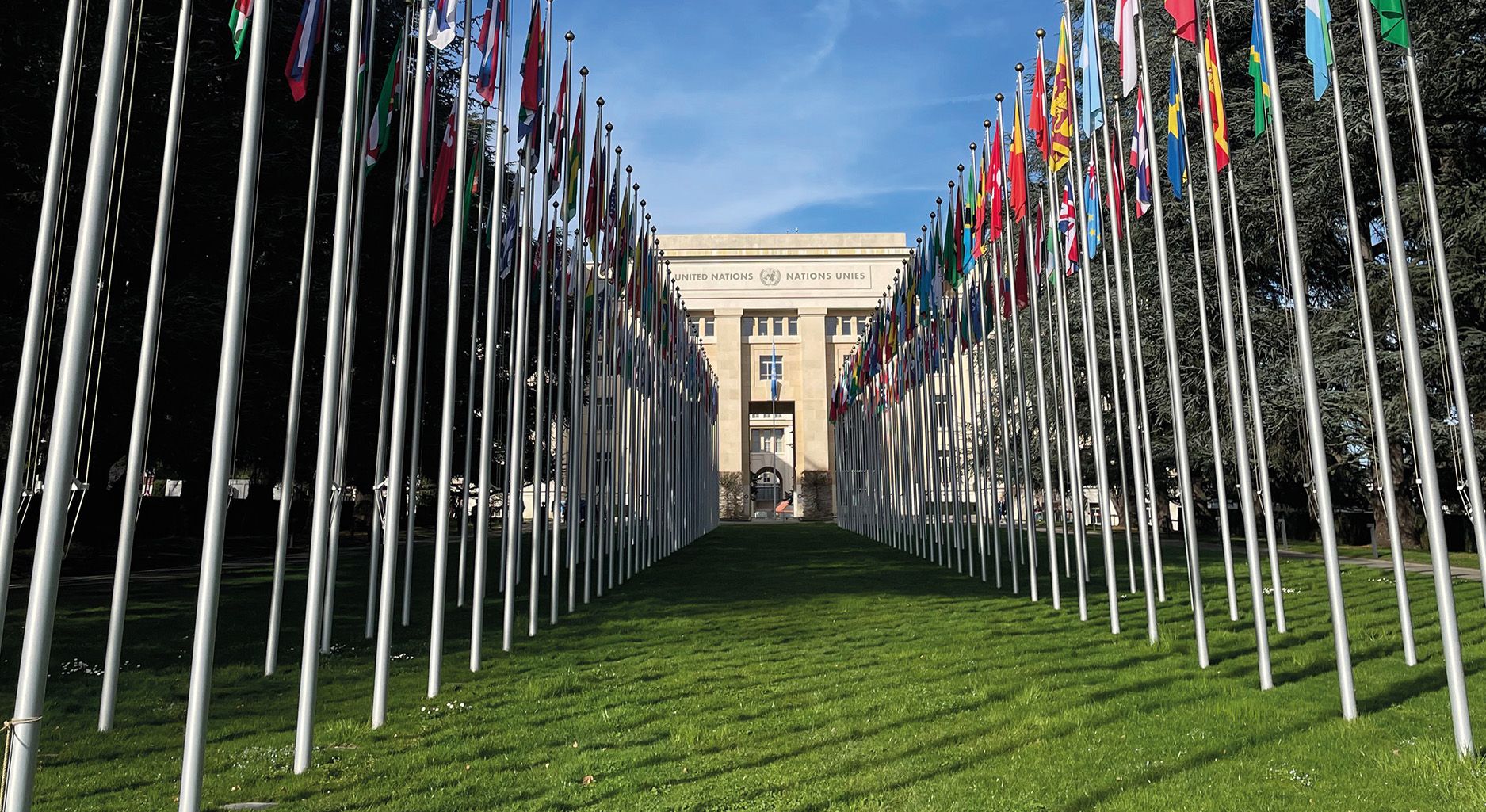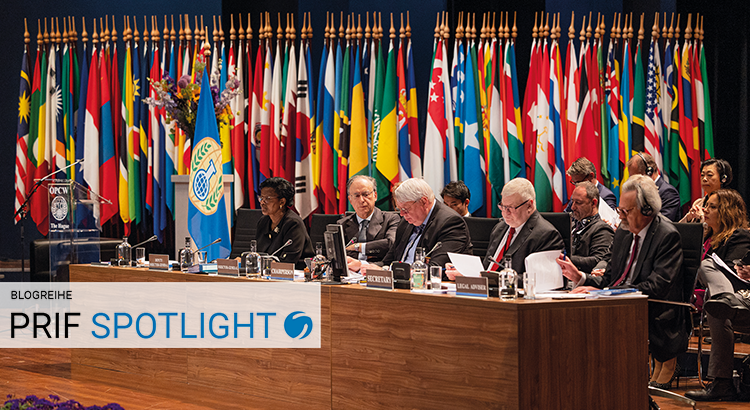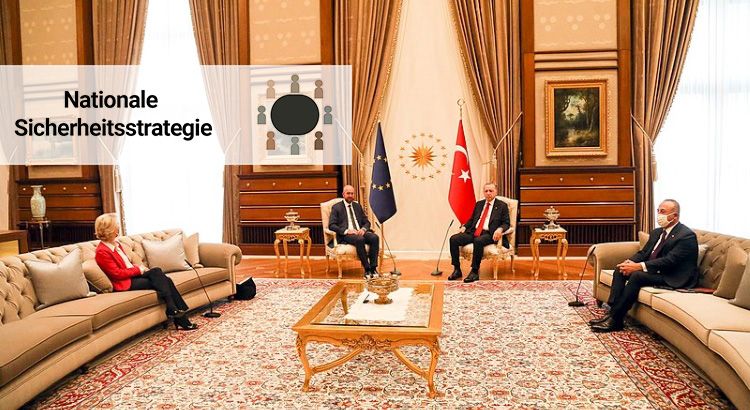Schlagwort: Multilateralismus
Der russische Angriffskrieg auf die Ukraine und der beschleunigte Fokus der USA auf die eigene...
Der Globale Pandemievertrag – Kann eine regelbasierte Ordnung auch ohne die USA gelingen?
Im Mai 2025 haben die 194 Mitgliedsstaaten der Weltgesundheitsorganisation (WHO) einen globalen...
Maintaining the Rules-Based International Order: How Europe can Stand up to the Superpowers as an Alliance of Small States
When Western voices described the Russian invasion of Ukraine in February 2022 as an attack on...
Festhalten an der regelbasierten internationalen Ordnung: Wie Europa als Allianz kleiner Staaten gegenüber den Supermächten bestehen kann
Wenn westliche Stimmen den russischen Überfall auf die Ukraine im Februar 2022 als Angriff auf...
Going Back or Going Global: The End of the West and the Future Role of the MSC
In hindsight, the 2025 Munich Security Conference marked a pivotal moment. Once again the forum...
Between a Rock and a Hard Place: The UN Cybercrime Convention
In December 2024, UN members will vote on a worldwide Cybercrime Convention negotiated since...
With or Without you: Climate Policy After the US Elections
The potential re-election of Donald Trump would be a setback for the US climate policy of recent...
The Pursuit of Consensus. The Fifth Chemical Weapons Convention Review Conference
In May 2023, 193 state parties to the Chemical Weapons Convention (CWC) convened for a five-day...
Zeitenwende: Die nationale Sicherheitsstrategie und die multilaterale Einbettung deutscher Sicherheitspolitik
73 Jahre nach der Gründung ihrer zwei Teilstaaten gibt sich Deutschland erstmals eine nationale...
Mit Außenpolitik kann man keine Wahlen gewinnen, ohne Außenpolitik aber keine Zukunft
Als inhaltsleer wurde der gegenwärtige Wahlkampf schon oft und nicht zu Unrecht geschimpft. Doch...
